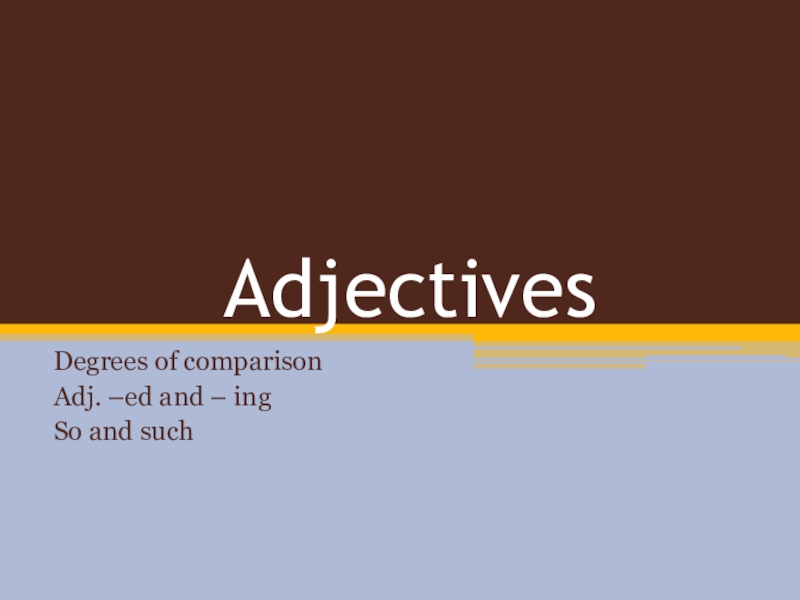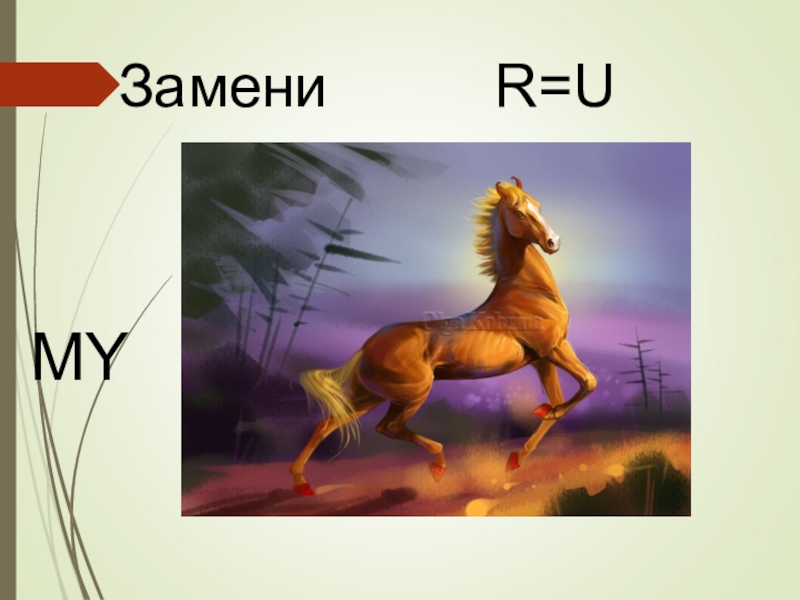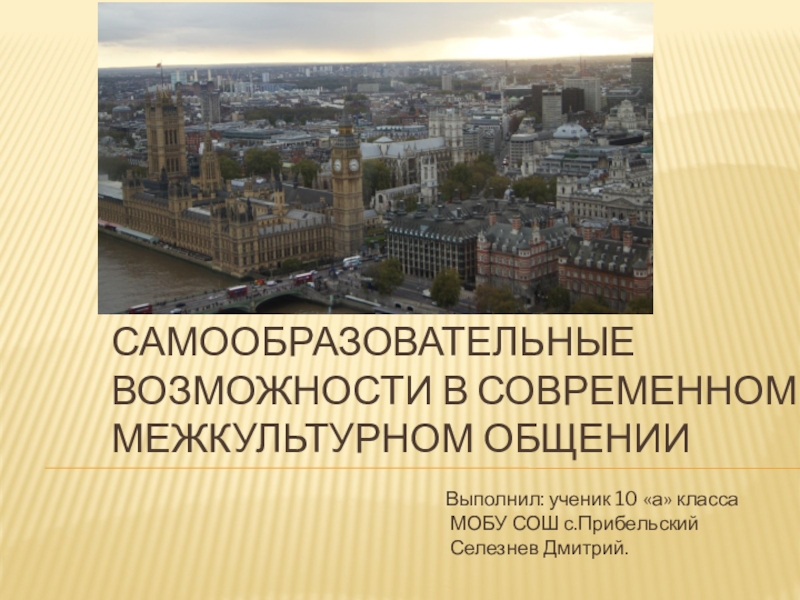- Главная
- Разное
- Образование
- Спорт
- Естествознание
- Природоведение
- Религиоведение
- Французский язык
- Черчение
- Английский язык
- Астрономия
- Алгебра
- Биология
- География
- Геометрия
- Детские презентации
- Информатика
- История
- Литература
- Математика
- Музыка
- МХК
- Немецкий язык
- ОБЖ
- Обществознание
- Окружающий мир
- Педагогика
- Русский язык
- Технология
- Физика
- Философия
- Химия
- Шаблоны, фоны, картинки для презентаций
- Экология
- Экономика
Презентация, доклад по английскому языку на тему Способы выражения будущего времени в английском языке
Содержание
- 1. Презентация по английскому языку на тему Способы выражения будущего времени в английском языке
- 2. There is no one “future tense” in
- 3. We use going to when we want
- 4. We can use going to if we
- 5. We use will to talk about future
- 6. Often we use perhaps, maybe, probably, possibly
- 7. We often use will with I think
- 8. We use will if some though has
- 9. We use the present continuous to talk
- 10. We use the present simple to talk
- 11. Thank you for your attention!
Слайд 2There is no one “future tense” in English. There are 4
to be going to + base form
will + base form
Present Continuous for the Future
Present Simple for the Future
There are different ways in English that you can talk about the future.
Слайд 3We use going to when we want to talk about our
• I'm going to meet Alex later today.
• They're going to buy a new car next month.
• We're going to have dinner first.
• She's going to read this book during her summer holidays.
• When she retires she’s going to visit the USA.
to be going to
Слайд 4We can use going to if we want to make a
• Look! Sam is going to win the race.
• Look at those black clouds. It's going to rain soon.
• Look out! It is going to fall off.
to be going to
Слайд 5We use will to talk about future events we believe to
• My brother will be 25 next year.
• That train will be late. It always is.
• There won't be any rain. I'm certain. It's too windy.
will
Слайд 6Often we use perhaps, maybe, probably, possibly in sentences with will.
•
• He'll possibly come next Sunday.
• Maybe it will be OK.
• Perhaps she will go there again some day.
will
Слайд 7We often use will with I think or I hope.
• I
• I think she'll help you anyway.
• I hope you'll enjoy your voyage.
• I hope he’ll visit his grandma tomorrow.
will
Слайд 8We use will if some though has just come into our
• Bye! I'll phone you in the evening.
• I'll answer that.
• It’s raining. I’ll take an umbrella.
• I won't tell Peter. I promise you.
will
Слайд 9We use the present continuous to talk about things that we
• I've got my ticket. I'm leaving tomorrow.
• I'm having dinner with John at 5.
• He's picking me up at the airport.
• Our company is giving everyone a bonus for that flight.
Present Continuous for the future
Слайд 10We use the present simple to talk about events in the
• My train leaves at 8 in the morning.
• The shop opens at 10.
• The sun rises two minutes earlier tomorrow.
Present Simple for the future
















